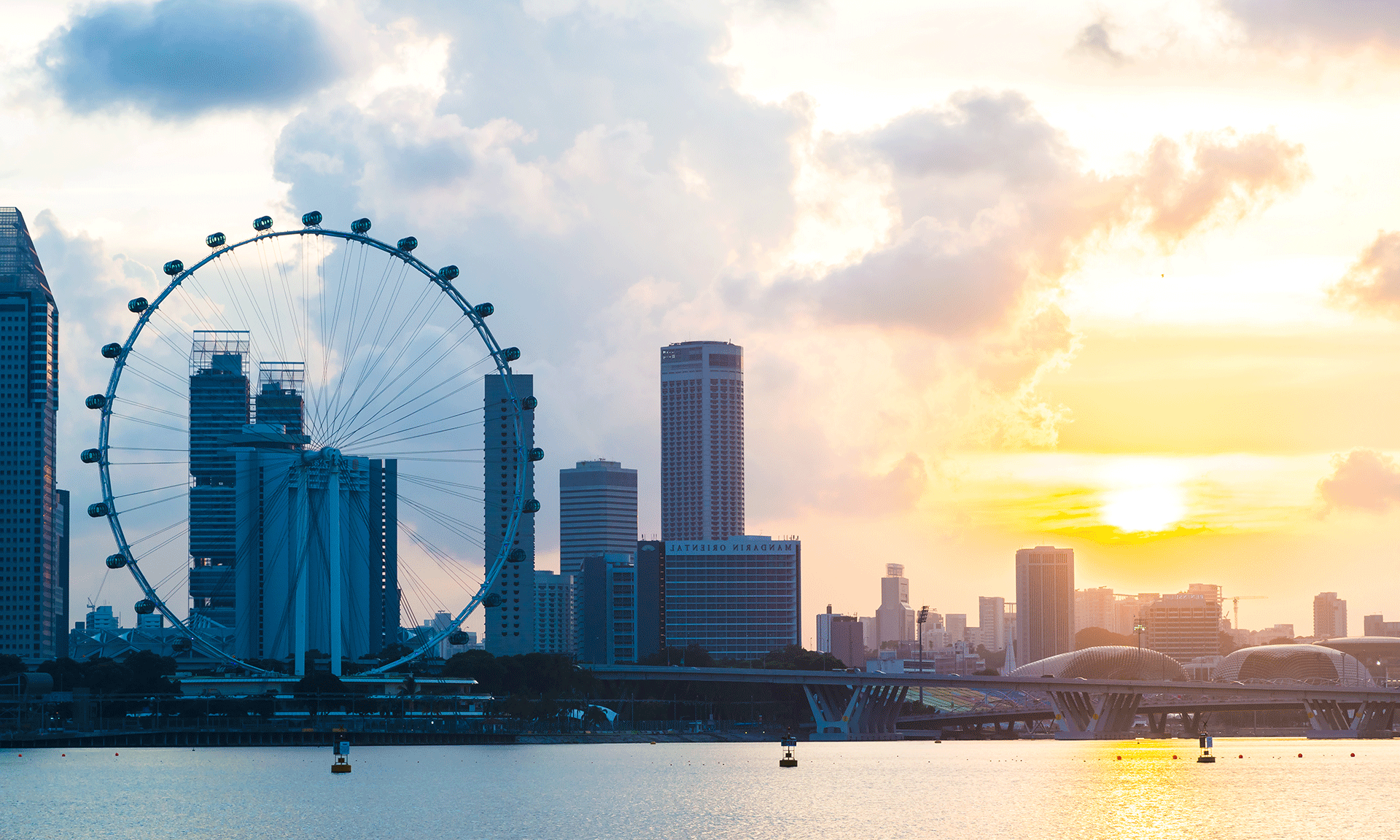The Fourth Industrial Revolution often known as Industry 4, combines the physical and digital aspects of manufacturing technologies and helps address many challenges of today’s manufacturing sector. Singapore, as the leading manufacturing hub in Southeast Asia, has already embraced Industry 4.0 to take this sector up its value chain to an advanced level.
Singapore has a well-developed manufacturing ecosystem and the country, with the help of a highly skilled talent pool and government support is all poised to embark upon this advanced technology-based manufacturing transition.
Thousands of global business organizations and MNCs have chosen Singapore as their regional headquarter for an effective transition to Industry 4.0 to optimize profit and sustainable business growth. This in turn has led to an increasing number of Singapore-based startups collaborating with these global business houses for future business innovation and excellence and boosting the startup ecosystem for attracting foreign investment in the country.
Smart Industry Readiness Index: Supporting the Manufacturers in Singapore
The Economic Development Board (EDB) of Singapore in association with leading technology companies and industry experts developed the Smart Industry Readiness Index (SIRI) to support the manufacturing companies in Southeast Asia in assessing their readiness for Industry 4.0. This tool, as developed, has four main focus areas including Data analytics, Connectivity, Advanced manufacturing technologies, and Workforce development.
This tool was first launched in 2017 to help the manufacturers identify the areas where they need to make changes to be ready for Industry 4.0 by carrying out the initial gap analysis of their current level of readiness in each of these four areas to start, scale, improve and sustain their manufacturing operations. SIRI also helps the manufacturers conceptualize Industry 4.0 and develop an innate understanding of the present Industry 4.0 maturity level of the companies by evaluating their organizations, processes, operations, and technologies including IoT, AI, Cloud computing, and Robotics.
Industry 4.0: Singapore’s Increased Focus Upon Research and Development
Today, over 20% of Singapore’s GDP is contributed by the manufacturing sector which is considered the building block of the country’s economy.
The country is a global leader in various manufacturing sectors including pharmaceutical and healthcare products, semiconductor manufacturing, and aerospace engineering, and has attracted many internationally reputed giant companies like GlaxoSmithKline, Siemens, Schneider Electric, IBM, Accenture, HSBC, Shell, UOB and many more to set up their manufacturing bases there.
The country’s relentless drive and increasing budgetary spending in manufacturing research and development (R&D) are promoting smart technologies adoption in the manufacturing sector and attracting global investors for new company setup in Singapore. The Singapore government has plans to spend around SGD 17.6 billion for R&D over the next five years in its continued effort to build sustainable and more resilient manufacturing industries in the country.
While 20% of the funds are budgeted for innovation platforms and entrepreneurial talent development and enhancing business innovation capabilities, the remaining 75% is allocated for new programs focused upon future needs, disruptive emerging opportunities, and talent and skill development in the manufacturing sector.
The universities and research centers in Singapore are building model factories and processes to simulate real-life manufacturing environments for the development of new manufacturing technologies that can be exported to different countries across the world.
Industry 4.0: Why Choose Singapore
The biggest challenges in implementing Industry 4.0 lie with finding qualified employees, obtaining continuous government support, and upgrading equipment and facilities and Singapore continually strives for addressing these challenges effectively.
Singapore boasts of a highly skilled workforce and is ranked second globally in the Global Talent Competitiveness Index, 2021. The country’s robust education policy and system help the students become more focused on smart technologies and attain greater proficiency in science, technology, and mathematics. Singapore has a talent pool of the best available technical and vocational skills for catering to the manufacturing sectors’ manpower demands with more than 30% possessing a university degree and another 15% holding field-specific professional qualifications.
Universities and research centers collaborate with leading MNCs to establish corporate laboratories and develop innovative and smart solutions to address real-life Industry 4.0 challenges including cybersecurity, computational engineering, AI, blockchain, artificial intelligence, and green production techniques.
Skills Future, a national program launched in 2015 supports citizens in honing their technical skills and provides technical training programs, online tutorials, and industrial internships offering financial benefits. This initiative, in particular, helps people make well-informed decisions in choosing training courses, fields of education, and professional careers matching their qualifications. This program also encourages lifelong learning, promotes employee recognition, and focuses on developing skills to adapt to innovative technologies most needed and vital for Industry 4.0.
Several support measures are taken by the government to promote Industry 4.0 and make the country more business friendly. The country offers several tax exemptions, easy transfer of ownership, and avoidance of double taxation. Various fiscal and non-fiscal incentives including a stable socio-political environment are also conducive to boosting Industry 4.0.
The country has a simple but robust business setup process which is free of bureaucracy and streamlined for an easy and fast Singapore company incorporation for foreign investors looking to establish a business base in the country.
Singapore company incorporation is a hassle-free process and usually takes a day if all the required documents are in order. Private limited companies are the most preferred choices among foreign investors being the most flexible, scalable, and advanced business vehicle.
The Takeaway
The manufacturing sector in Singapore is witnessing continuous technology and processes transformation including 3D printing, robotics, AI, and IoT. Companies that are embracing Industry 4.0 have started to reap great benefits in terms of productivity, efficiency, and bottom line.
Successful implementation of i3D printing technology is helping companies to do away with huge inventories and manufacturing products only on demand. Storage, manufacturing, and inventory carrying costs are greatly reduced making manufacturing companies more resilient and sustainable in the long term. Increased use of data, the essence of Industry 4.0, is helping companies to achieve increased operational efficiency and improved demand forecasting.
As manufacturing in Southeast Asia plays a vital role in the region’s economy, Industry 4.0 can hugely transform business operations and bring about significant economic growth.























